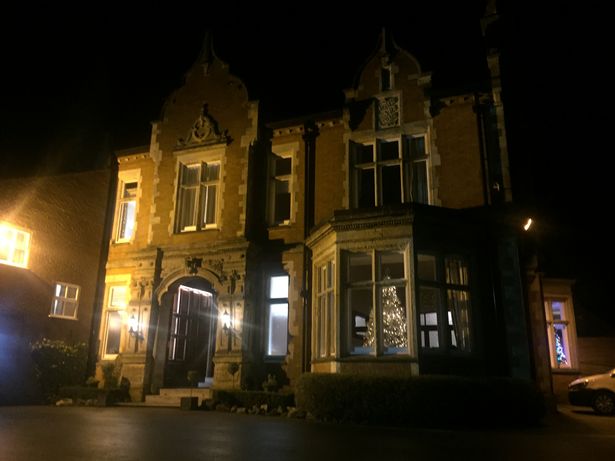Lincolnshire (North and North East)
WELCOME TO Lincolnshire (North and North East)
Province Overview
Lincoln
5,921 km2
719,000
English

Popular
Geography and Tourist Attractions
Information about the province's tourist attractions, including popular destinations, events, and activities.
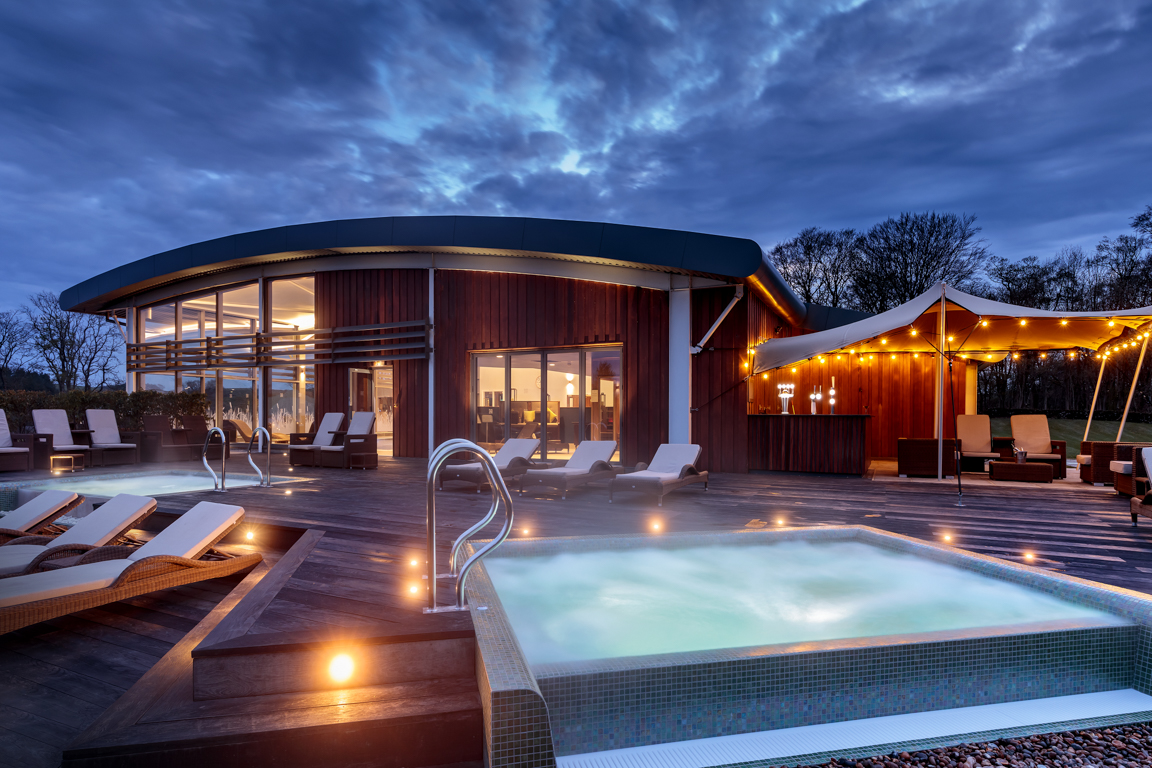
Lincoln Cathedral
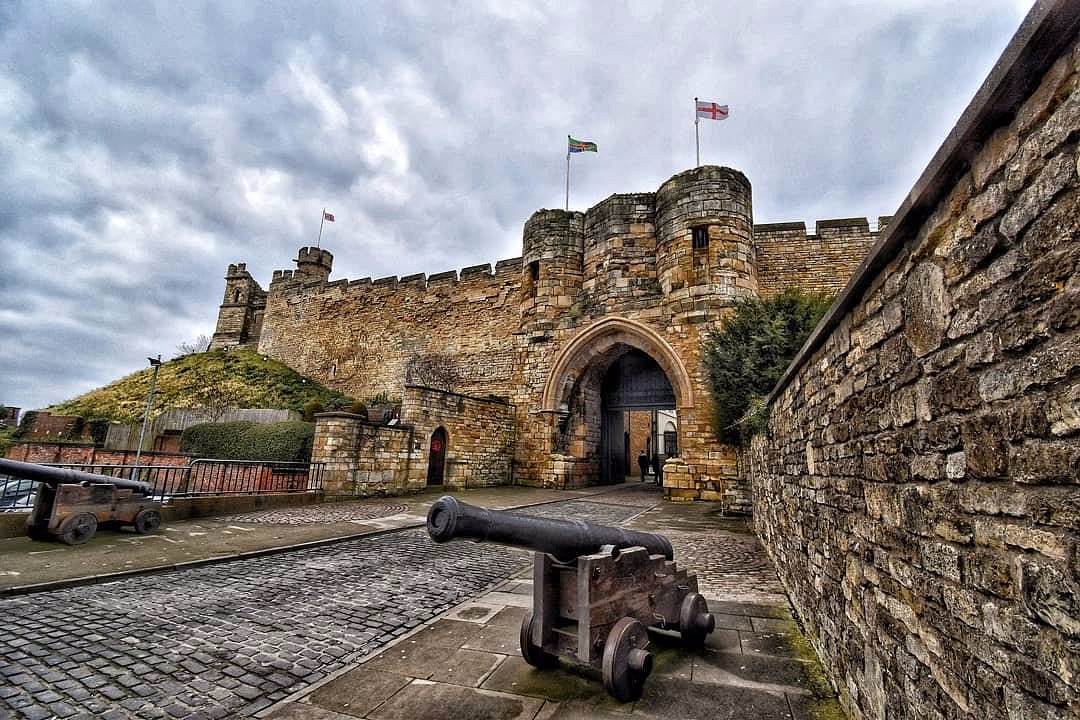
Lincoln Castle
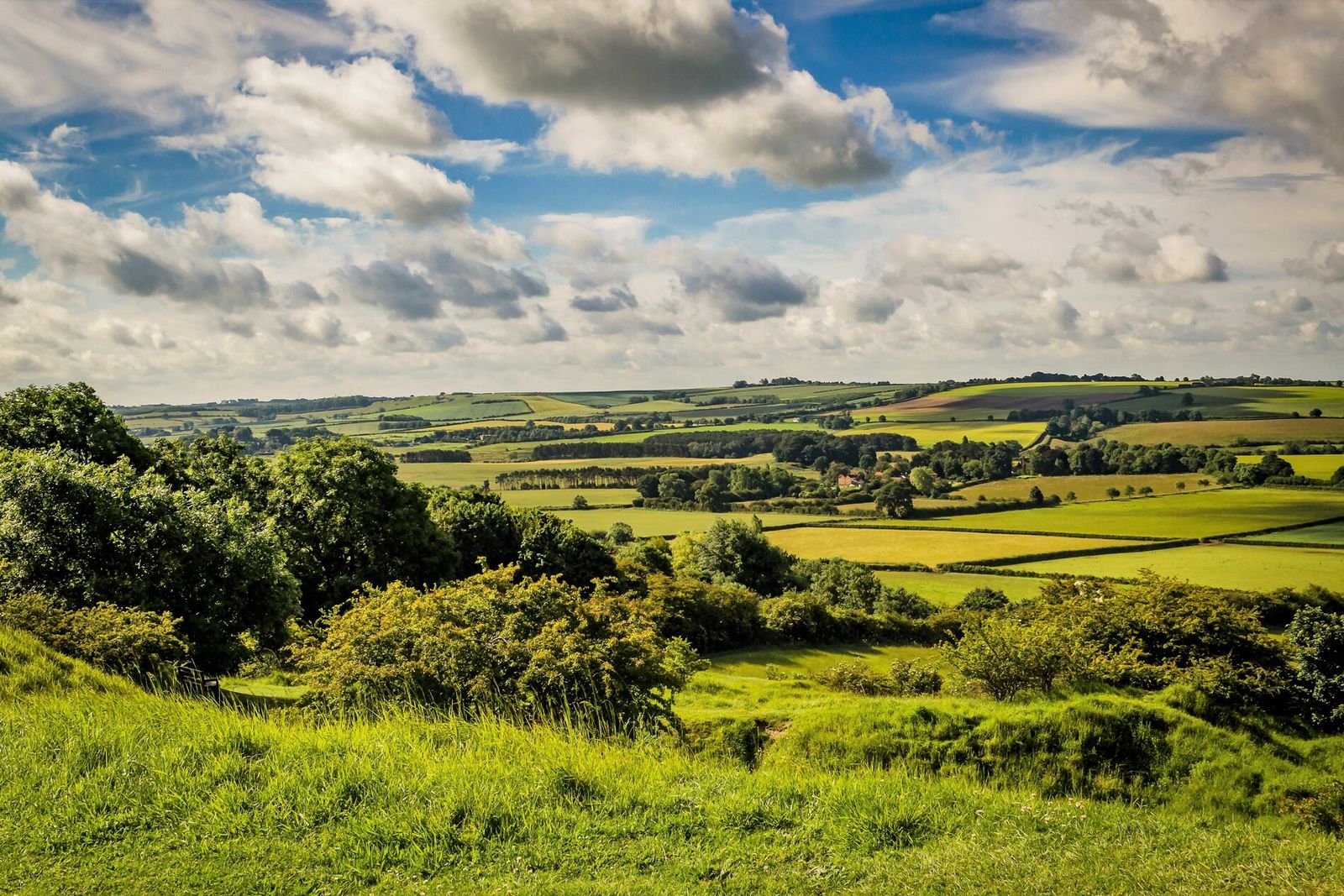
The Lincolnshire Wolds
Political
Economy and Government
Lincolnshire's economy is diverse and includes sectors such as agriculture, manufacturing, tourism, and healthcare. The county has a strong agricultural industry, with Lincolnshire producing a significant portion of the UK's crops. Manufacturing is also a major industry, with companies producing a variety of products including food, chemicals, and engineering components. Tourism is an important part of the economy, with visitors coming to enjoy the beautiful countryside, historic landmarks, and coastal resorts.
The local government of Lincolnshire is headed by the Lincolnshire County Council, which is responsible for providing a wide range of services to residents and businesses. The council is made up of 70 councillors who are elected to represent the interests of their constituents. The county is also divided into several local government districts, including East Lindsey, West Lindsey, North Kesteven, South Kesteven, and the City of Lincoln. Each district has its own council, responsible for providing services such as housing, planning, and waste management.
In terms of national government representation, Lincolnshire is divided into seven parliamentary constituencies, each represented by a Member of Parliament (MP) in the House of Commons. The county also has representation in the House of Lords, with several members holding titles and seats in the upper chamber.
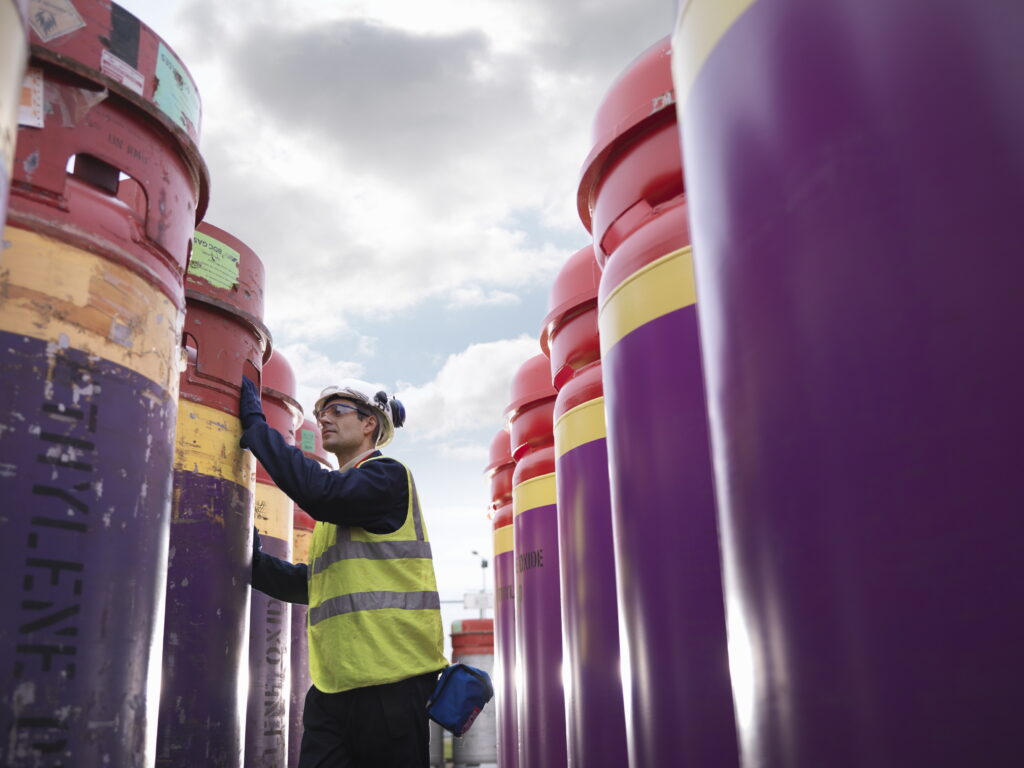
History
History and Culture
Lincolnshire is steeped in history, with a rich cultural heritage that spans centuries. The area has been inhabited since prehistoric times, and it has played an important role in the development of England. The Romans established a military camp in the area, and the Saxons later built a settlement that would become the city of Lincoln. The area is also famous for its medieval history, with many well-preserved buildings and monuments dating back to that time. The iconic Lincoln Cathedral and Castle are must-see attractions, with a fascinating history that includes the signing of the Magna Carta in 1215.
Lincolnshire's cultural heritage is also evident in its traditions and festivals, such as the Lincolnshire Show, which has been held annually for over 130 years. The area is also known for its agricultural heritage, with traditional farming methods still practiced in many rural communities. The Lincolnshire dialect is also a unique aspect of the area's cultural identity, with distinctive words and phrases that reflect its rich history.
In terms of the arts, Lincolnshire has a vibrant cultural scene, with many festivals and events celebrating music, theatre, and the visual arts. The Lincoln Performing Arts Centre and The Collection museum are both popular destinations for those interested in the arts.
HOTELS
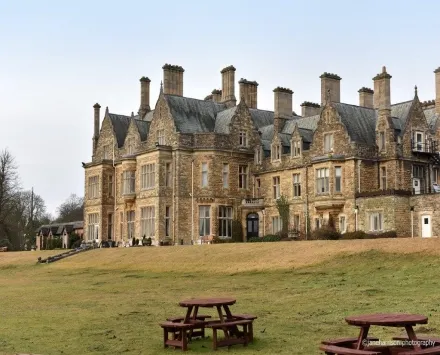
Branston Hall Hotel
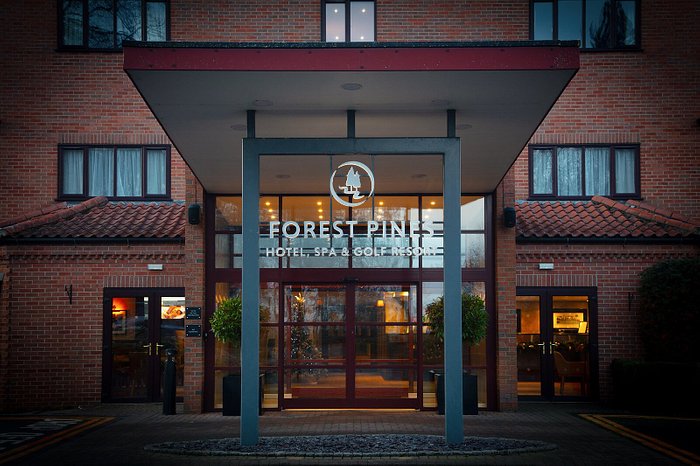
DoubleTree by Hilton Forest Pines Spa & Golf Resort
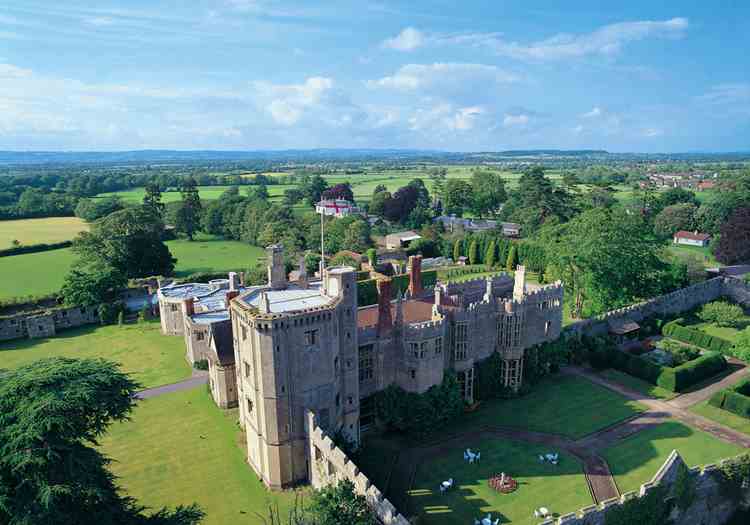
The Castle Hotel
RESTAURANTS
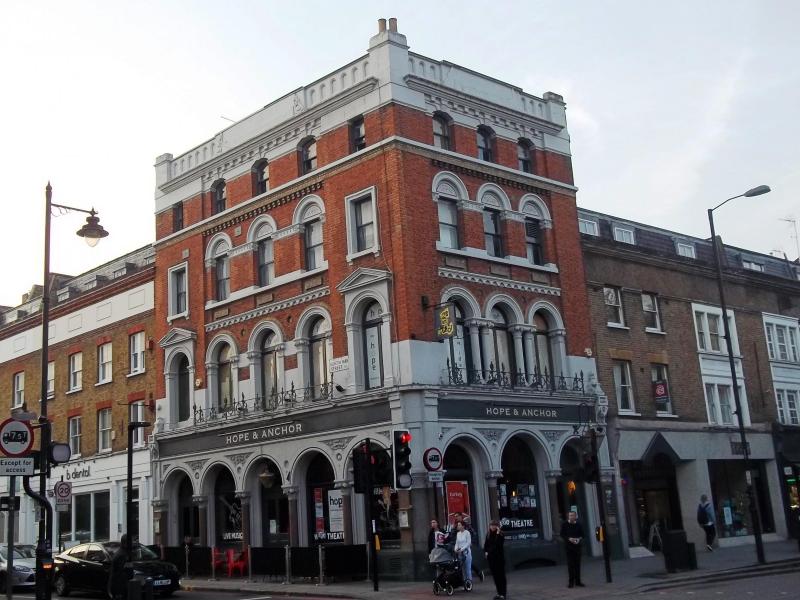
The Hope & Anchor
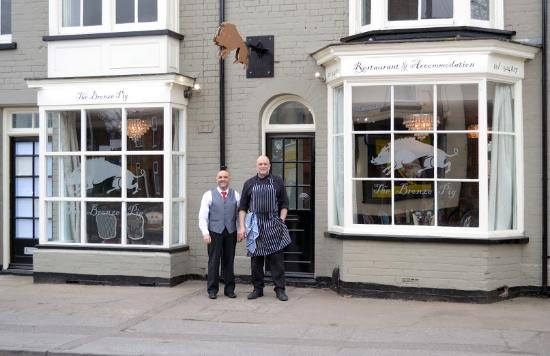
The Bronze Pig
